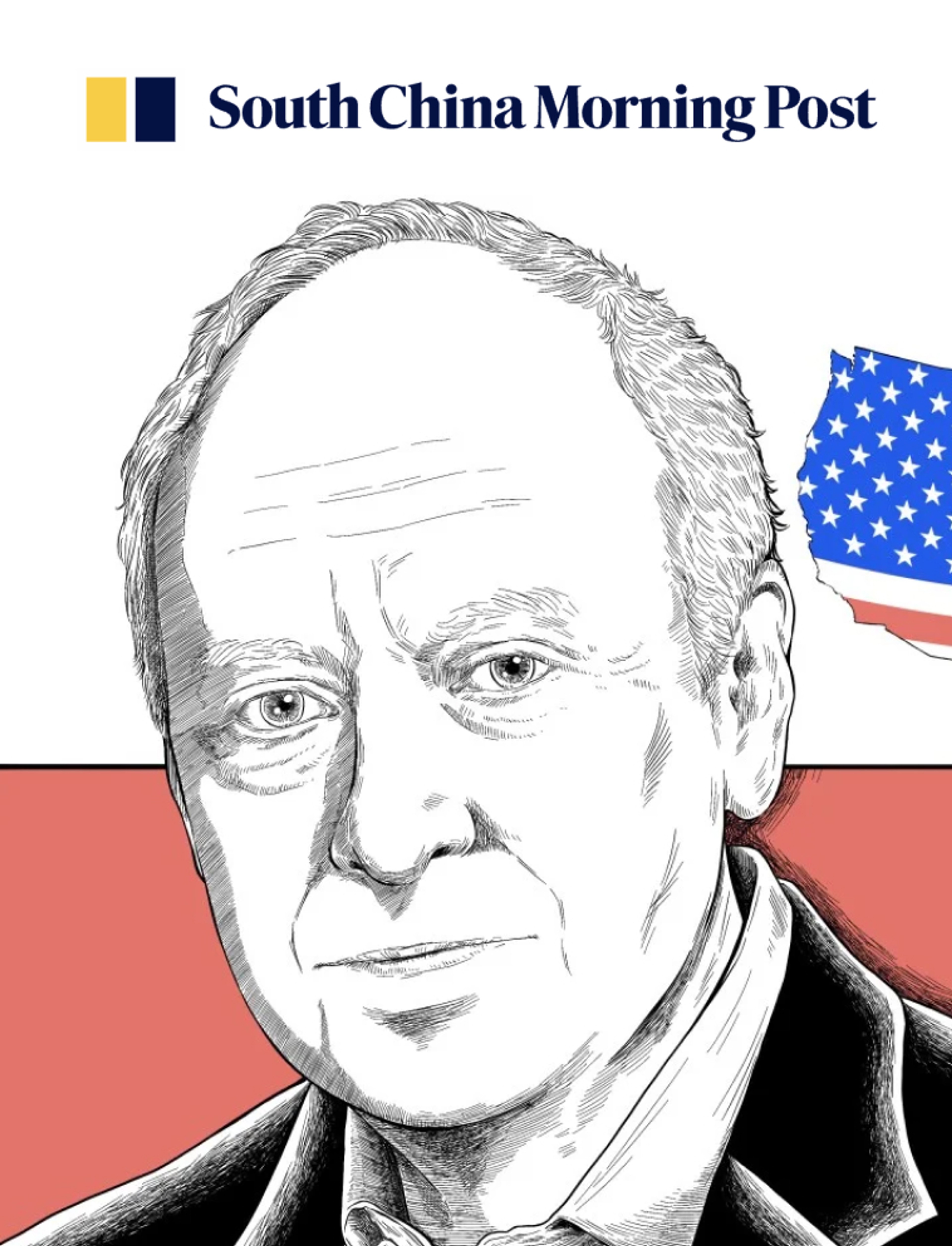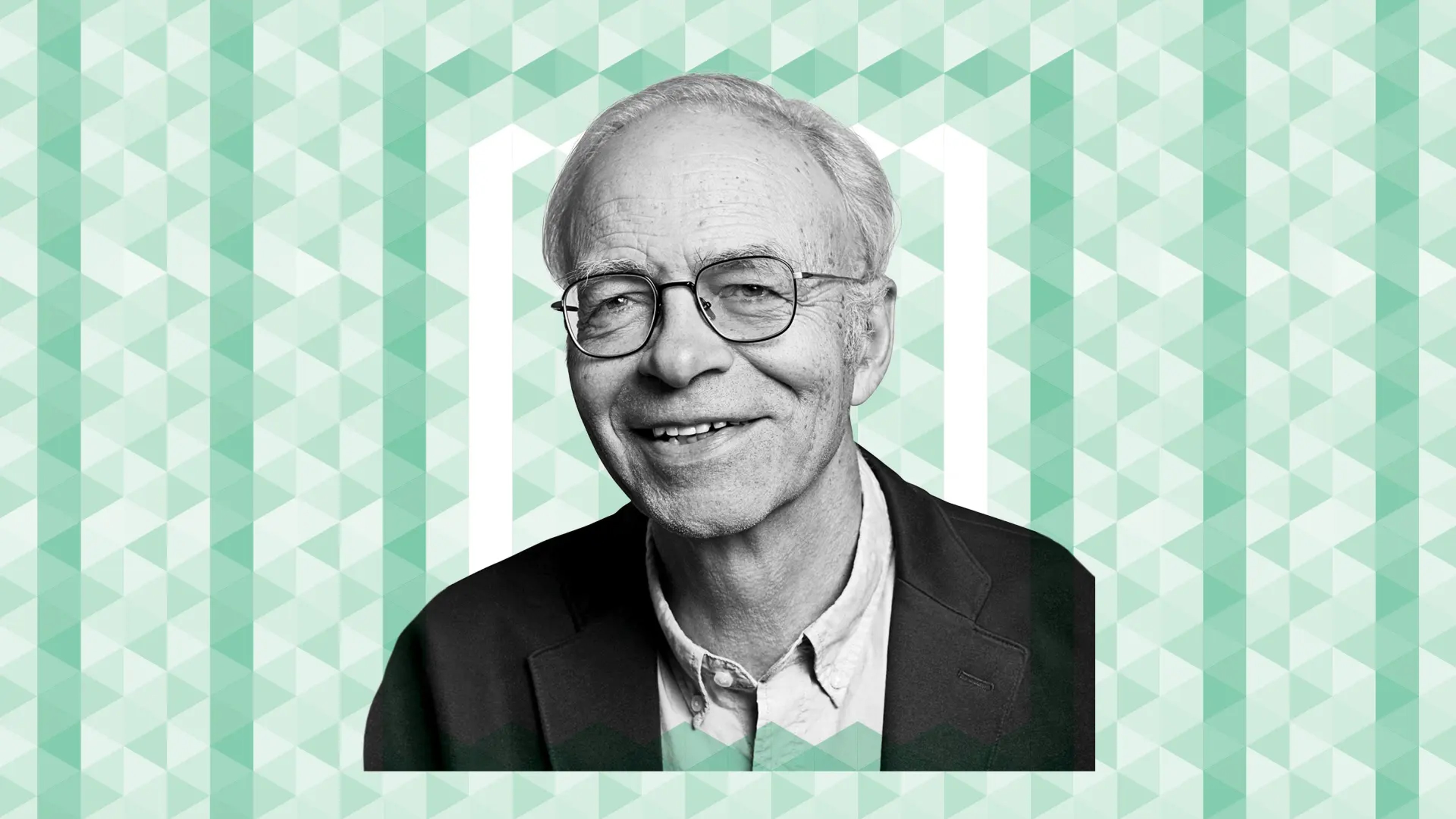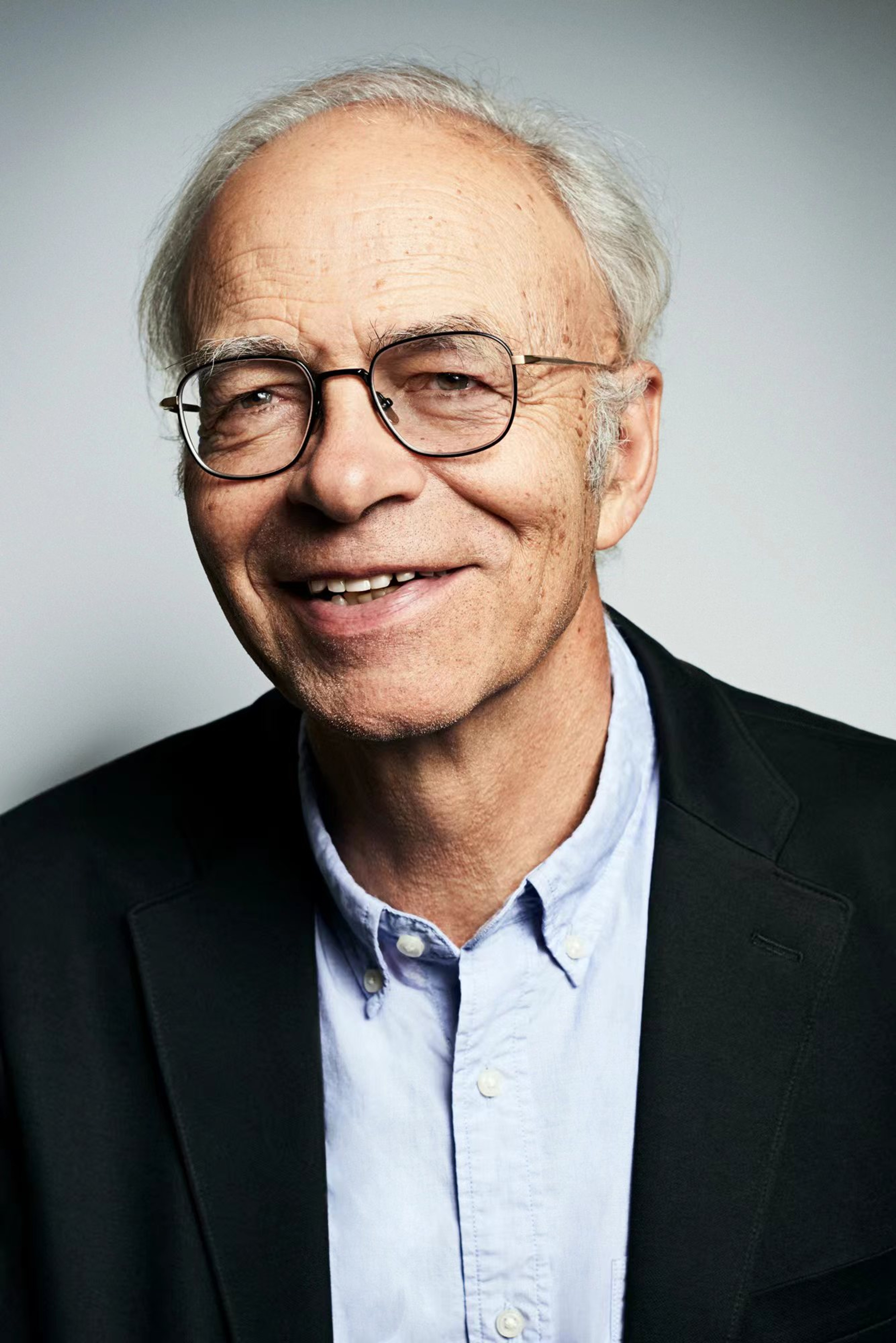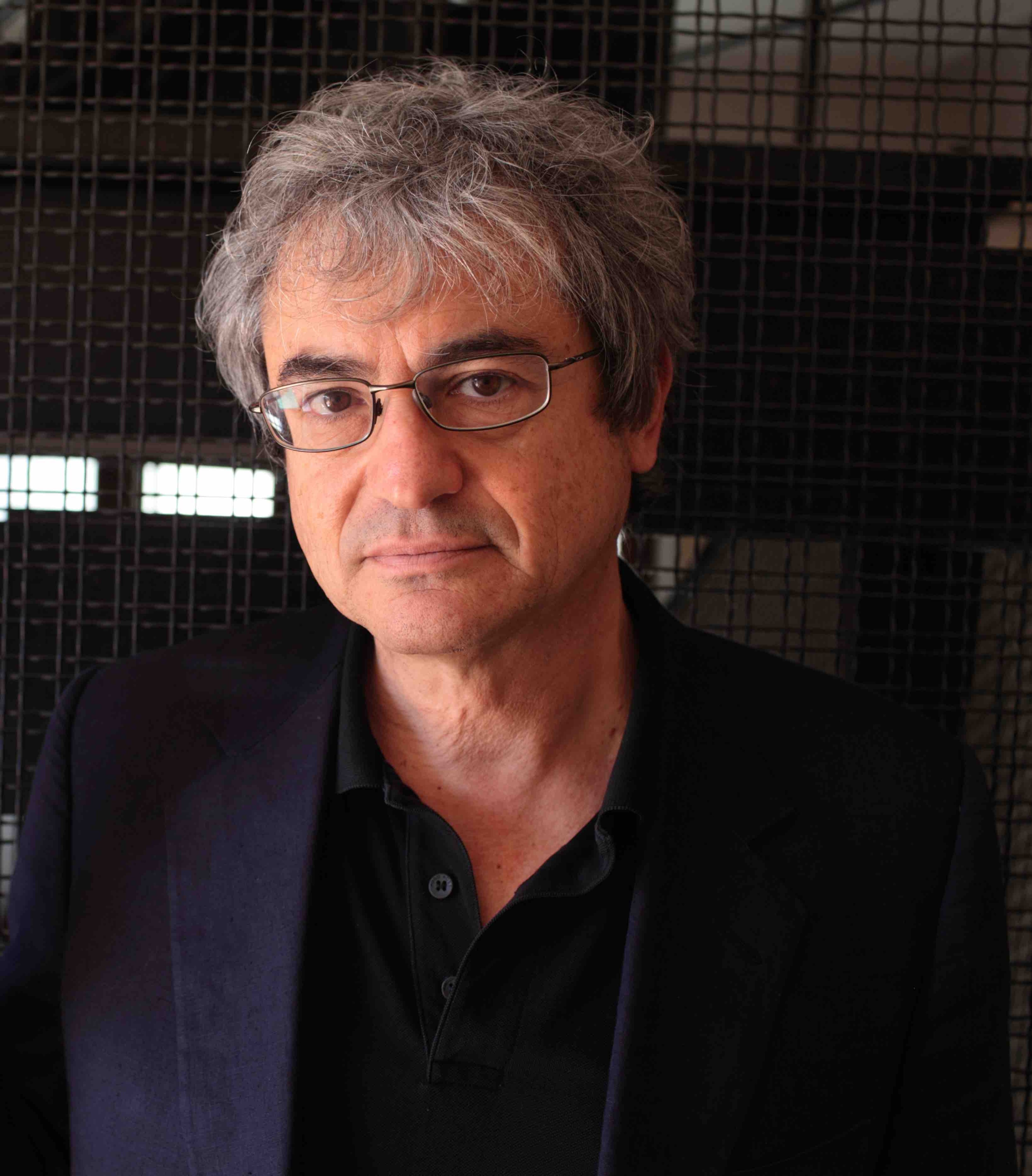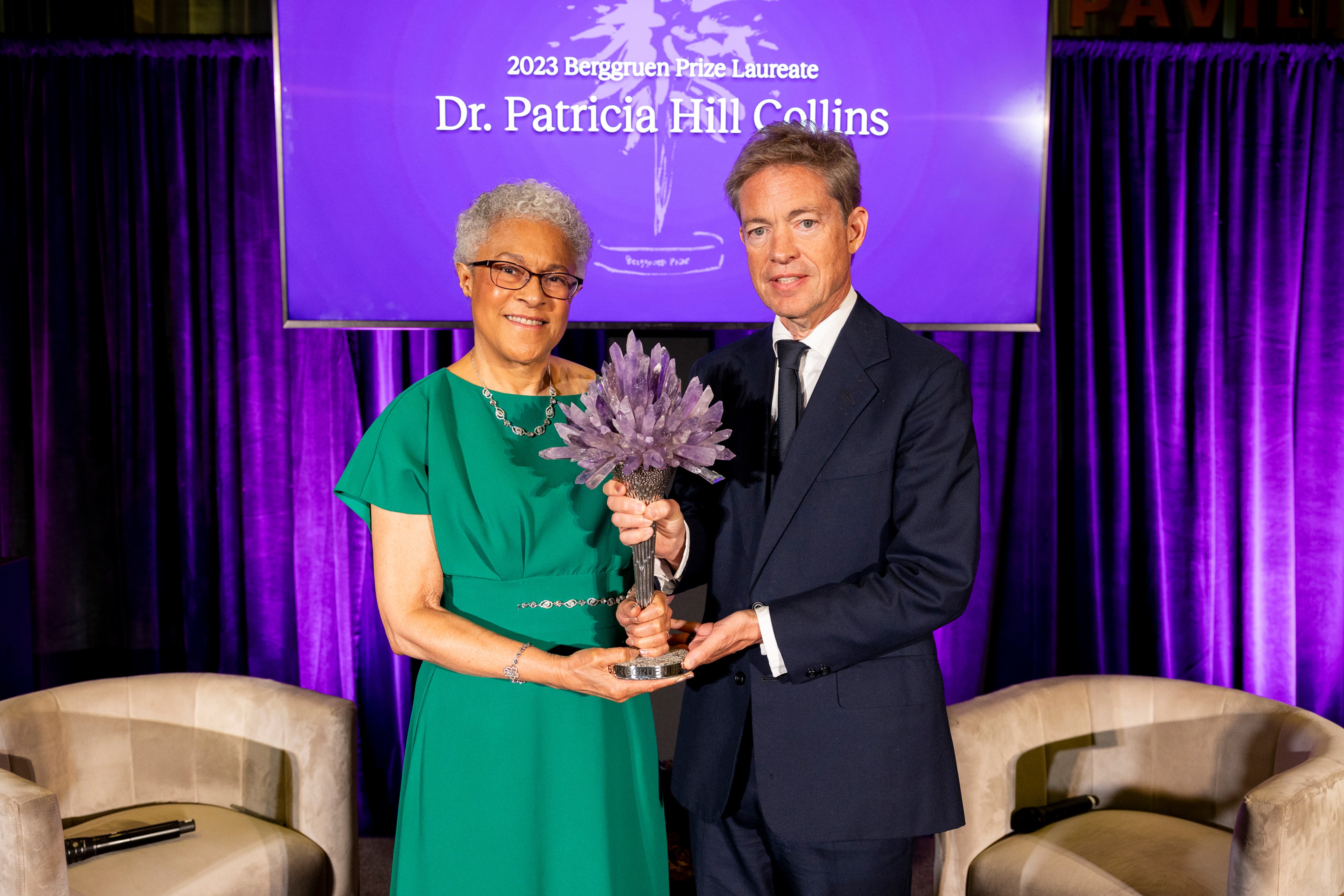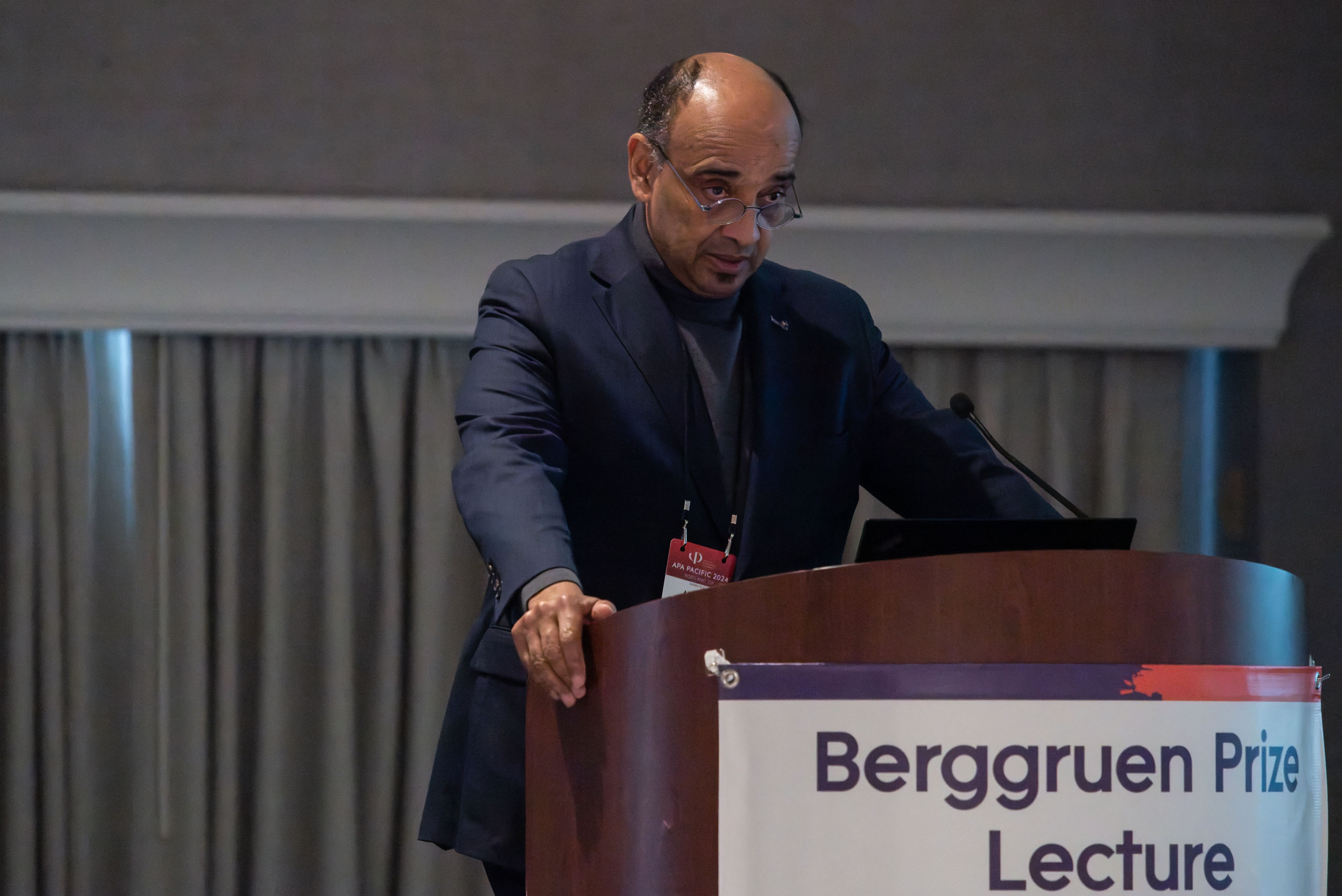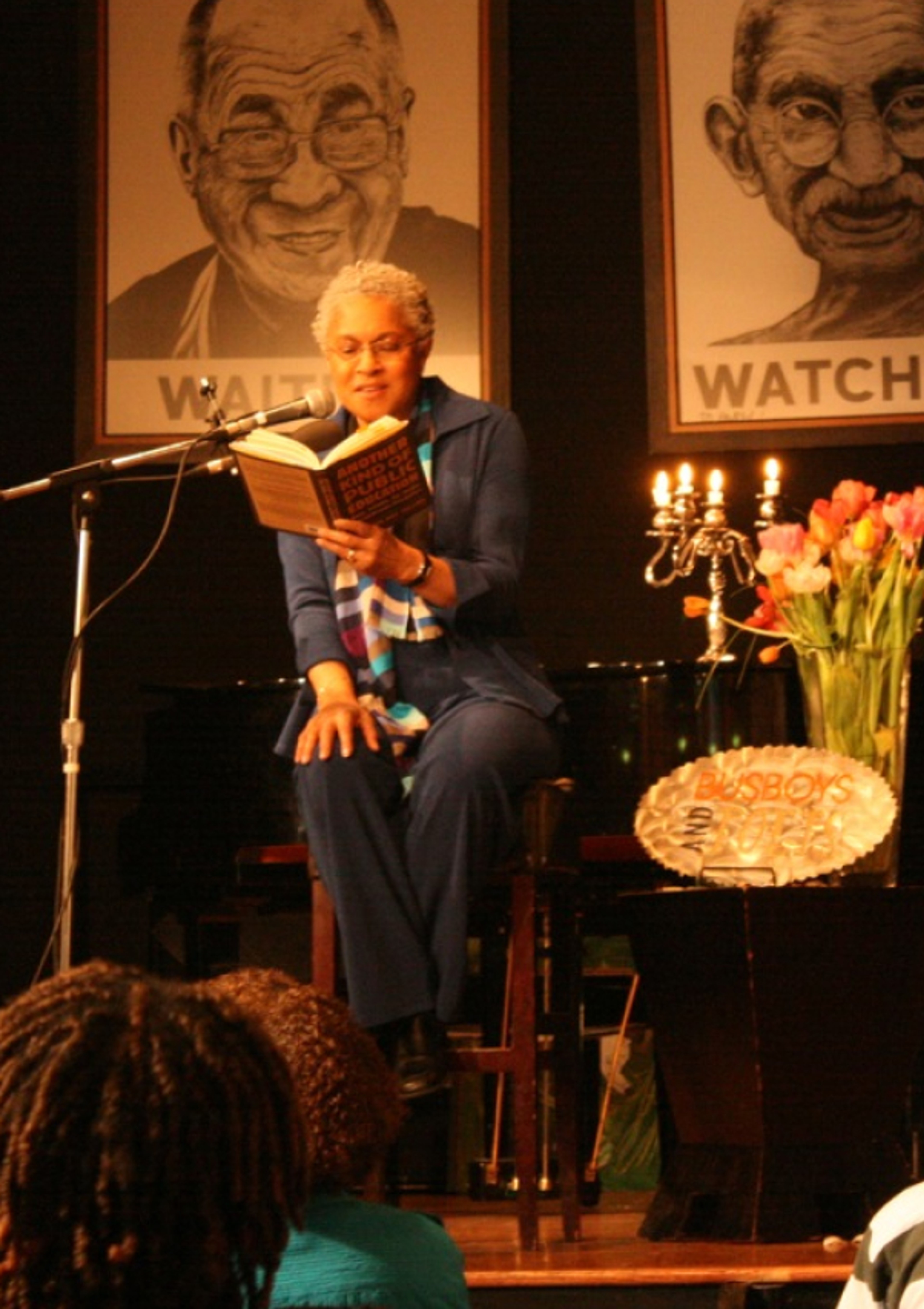$1 Million Berggruen Philosophy Prize Awarded to Patricia Hill Collins

Patricia Hill Collins, a distinguished sociologist whose authorship of Black Feminist Thought (1990) helped kickstart the rise of intersectionality as a force in politics and society, has won the 2023 Berggruen Prize for Philosophy and Culture, the Prize Jury announced today. The $1 million award is given annually to thinkers whose ideas have profoundly shaped human self-understanding and advancement in a rapidly changing world.
According to the Berggruen Prize Jury, Collins was selected for how her work “provides a powerful analytical lens through which we can envision the different and intersecting ways in which our material, social, and cultural worlds produce injustice,” and has given us “original vocabulary with which to think about social power and contestation.” Currently a Distinguished Professor Emerita, University of Maryland and the first Black laureate of the Berggruen Prize, she is a trailblazing scholar and advocate whose exploration of the interchange between theory and practice has transformed notions of power and justice in ways that have resonated across politics, commerce, and mass culture.
We are proud to announce that Patricia Hill Collins is the winner of the 2023 edition of the Berggruen Prize for Philosophy and Culture.
Collins’ pioneering work, Black Feminist Thought (1990), explored the rich but long-ignored intellectual tradition of US Black women and their distinctive analytical perspectives on life, developing a new vocabulary for the structure of society from their unique experiences over centuries of oppression. These insights underpinned an idea with relevance far beyond the American experience: that race, class, gender, and myriad other dimensions of identity mutually construct one another as expressions of power, reinforcing inequality everywhere.
Collins carried these themes forward in numerous subsequent works, including Fighting Words: Black Women and the Struggle for Justice (1998); Black Sexual Politics: African Americans, Gender, and the New Racism (2004); and From Black Power to Hip Hop: Racism, Nationalism, and Feminism (2006). Throughout, she was a pioneer of the concept of “intersectionality,” helping to develop analysis of the interactions among different forms of inequality and oppression. Her 2019 book Intersectionality as Critical Social Theory is a landmark in developing the concept and insight into a substantial analytical framework.
“We are proud to announce that Patricia Hill Collins is the winner of the 2023 edition of the Berggruen Prize for Philosophy and Culture,” said Antonio Damasio, Chair of the Berggruen Prize Jury. “Her studies illuminate the material, social, and cultural conditions behind the mutilation of human possibilities while never failing to recognize the uniqueness of human experience,” he continued. “Patricia Hill Collins has given a voice and a face to so many who would otherwise have remained unheard and unseen.”
The new understandings unleashed by Collins’ work have reverberated throughout popular culture, politics, academia, and other hierarchies of power in the US and globally. In addition to the aforementioned works, eleven editions of Race, Class and Gender: Intersections and Inequalities have been widely used in undergraduate classrooms at more than 200 colleges and universities since its original publication in 1992, introducing intersectionality to an entire generation of students. Altogether, her writings have redefined injustice, ushering into mainstream thought an institutional, systemic perspective on the source of inequality and the reasons for its perpetuation, as well as the resistance of oppression and the active pursuit of freedom for all. The push for greater representation; adoption of common vocabulary and ideals of justice among environmentalists, labor unions, criminal justice reform advocates, and other erstwhile disparate political movements; the emphasis on DEI at universities and major corporations; all echo her vivid illustration of interlocking systems of oppression and clarion call for intellectual activism.
Patricia Hill Collins was born in 1948 in Philadelphia, Pennsylvania. The only child of a factory worker and a secretary, she was profoundly shaped by her upbringing in a predominantly Black, working-class neighborhood. After receiving her B.A. in sociology at Brandeis University in 1969, and her Master of Arts in Teaching from Harvard in 1970, she taught middle school in the Roxbury neighborhood of Boston for six years. She later went on to direct the Africana Center at Tufts University, and pursue her Ph.D. in sociology at Brandeis University. In 1982, she joined the faculty in African American Studies at the University of Cincinnati, where she completed her doctoral work as an assistant professor, receiving her Ph.D. from Brandeis in 1984.
After remaining at the University of Cincinnati for 23 years, in 2005 she moved to the University of Maryland, where she is now Distinguished University Professor Emerita. She became the 100th president of the American Sociological Association in 2008, the first Black woman to hold the position in the organization’s 104-year history. Collins remains active in both creative scholarship and broader public engagement, advocating for theory to not only describe the world, but to serve as an engine for the institutional transformations necessary to achieve justice.
“Collins’ articulation of a new understanding of oppression and justice, combined with her insistence that ideas are necessarily the catalysts for institutional reform, captures both the spirit and mission of the Berggruen Prize,” said Nicolas Berggruen, Chairman and Founder of the Berggruen Institute. “In today’s time of urgent planetary challenges to equality, her work challenges thinkers to look to the experiences of unseen people for the ideas that will shape tomorrow.”
Patricia Hill Collins was selected from hundreds of nominees, including some of the world’s most renowned scholars and practitioners in the fields of philosophy, social science, economics, human rights, theoretical physics, and beyond. As the eighth winner, she joins a prestigious group of Berggruen Prize Laureates, including Kojin Karatani (2022), Peter Singer (2021), Paul Farmer (2020), Ruth Bader Ginsburg (2019), Martha C. Nussbaum (2018), Onora O’Neill (2017), and Charles Taylor (2016).
Collins will receive the Berggruen Prize for Philosophy and Culture in Spring/Summer 2024 at a celebration to be held in Washington, DC.
###
About the Berggruen Prize for Philosophy and Culture
Established by philanthropist Nicolas Berggruen in 2016, the Berggruen Prize for Philosophy and Culture was first awarded to Canadian philosopher Charles Taylor for his impact on the humanities, social sciences, and public affairs in deepening understanding among different intellectual traditions and civilization. Baroness O’Neill of Bengarve was the 2017 Berggruen Prize Laureate for her work as a citizen philosopher who has elevated the quality of public life and improved the very vocabulary of public discourse. In 2018, public and moral philosopher Martha C. Nussbaum received the award for her framework for thinking about human capabilities, and exploring vulnerability, fear, and anger in moral and political life. In 2019, Former Associate Justice Ginsburg was recognized for her life’s work in pioneering gender equality and strengthening the rule of law. During a year marked by the global pandemic, 2020, the Prize was awarded to Paul Farmer for his work advancing global public health equity. In 2021, utilitarian philosopher Peter Singer received the Prize for his ethical framework for animal rights, effective altruism, and the global eradication of poverty. The 2022 Berggruen Prize honored philosopher and literary critic Kojin Karatani for his radically original contributions to modern philosophy, the history of philosophy, and political thinking.
This year’s Berggruen Prize Jury, chaired by Antonio Damasio, is an international group of scholars and writers including Yuk Hui, Elif Shafak, David Chalmers, Siri Hustvedt, Pratap Bhanu Mehta, and Wang Hui. The winner of the 2023 Berggruen Prize emerged from a list of finalists from diverse fields of research. The Berggruen Institute administers the Prize and welcomes nominations of those whose ideas have both intellectual depth and long-term social and practical value across nations and cultures.


